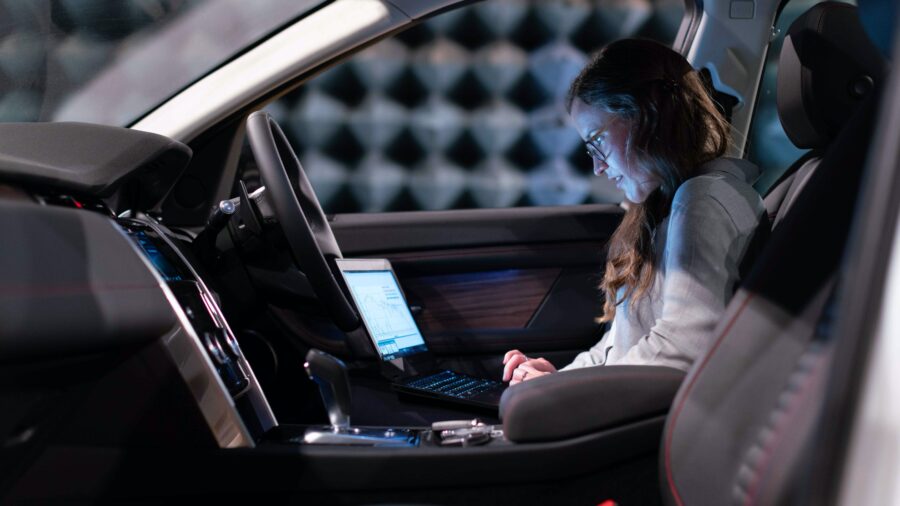In February 2020, we wrote a 2-part series questioning whether self-driving cars were just a fantasy. Automakers have spent billions to make the dream come true, but have still achieved only partial automation. Unfortunately, most motorists don’t understand the difference between self-driving and partial automation – and that’s the danger.
What went wrong with self-driving cars?
There are no self-driving cars for sale in the world today. It appears experts have:
- Overestimated the potential of the most advanced technology
- Underestimated the capabilities of even the least experienced human driver.
Driving a car may appear to be a fairly mundane activity. In fact, it’s a very complex kind of problem-solving, multi-tasking. More than 99.99% of the time, driving goes very smoothly.
One US academic in Florida suggested the chances of a human driver having a crash, compared to not having a crash, could be one in a billion. You need to measure how many times in the year you did not have a crash, compared to how many cars you could have crashed with, and how long you spent driving on the roads.
Elon Musk recently claimed the opposite. He said being safer than a human is “a low standard, not a high standard” and “being better than a human is relatively straightforward, frankly.”
Data show 90% of crashes involve some kind of human error, so we are trying to get humans out of the driving seat. But will 90% of crashes involve some kind of machine error instead? Meanwhile, problems such as social acceptance, cybersecurity and cost never get much attention.
It seems more likely self-driving technology will first be used in trucks, mining, rail or shuttle services. Transferring this to cars will continue to be precarious. So automakers have started cautiously with partial automation.
What does partial automation mean?
Partial automation refers to vehicle systems that use cameras, radar or other sensors to “see” the road. They include adaptive cruise control (ACC), lane centring and blind spot monitoring, for example. More than half of new vehicle models can already control speed and/or steering on the highway.
Creating confusion, these systems are marketed under various names, such as Autopilot, Pilot Assist and Super Cruise. These names can be very misleading.
There is no evidence partial automation makes driving safer. According to the IIHS (US), it may be the opposite, if systems lack adequate safeguards. The IIHS aims to introduce a safeguard ratings program in 2022-23.
A partial automation system will get a good rating if it can:
- Monitor driver’s gaze and hand position
- Use escalating alerts to get driver’s attention
- Slow vehicle, notify manufacturer and stop automation
- Use automated lane changes only when confirmed by the driver
- Resume adaptive cruise control after a break only if driver is looking at road
- Use lane centring that does not discourage steering by driver.
Are partial automation systems dangerous?
Partial automation systems could give the impression they can do more than they can (especially given their brand names). This over-confidence is similar to the overhyped optimism about self-driving cars.
Meanwhile, partial automation could be making driving more boring. Unfortunately, humans find it hard to remain vigilant when they have nothing much to do. If you don’t want to watch the car drive (who does?) you naturally want to find something else to do.
It’s this kind of attitude that makes partial automation dangerous as well as boring. Partial automation is what it says it is – only partial. Humans still have to do the driving.
Increasing the safety of partial automation is the current big challenge. It’s probably more solvable than building a vehicle that can truly drive itself all over town.
See: Self-driving cars don’t need drivers but they do need humans.


your opinion matters: